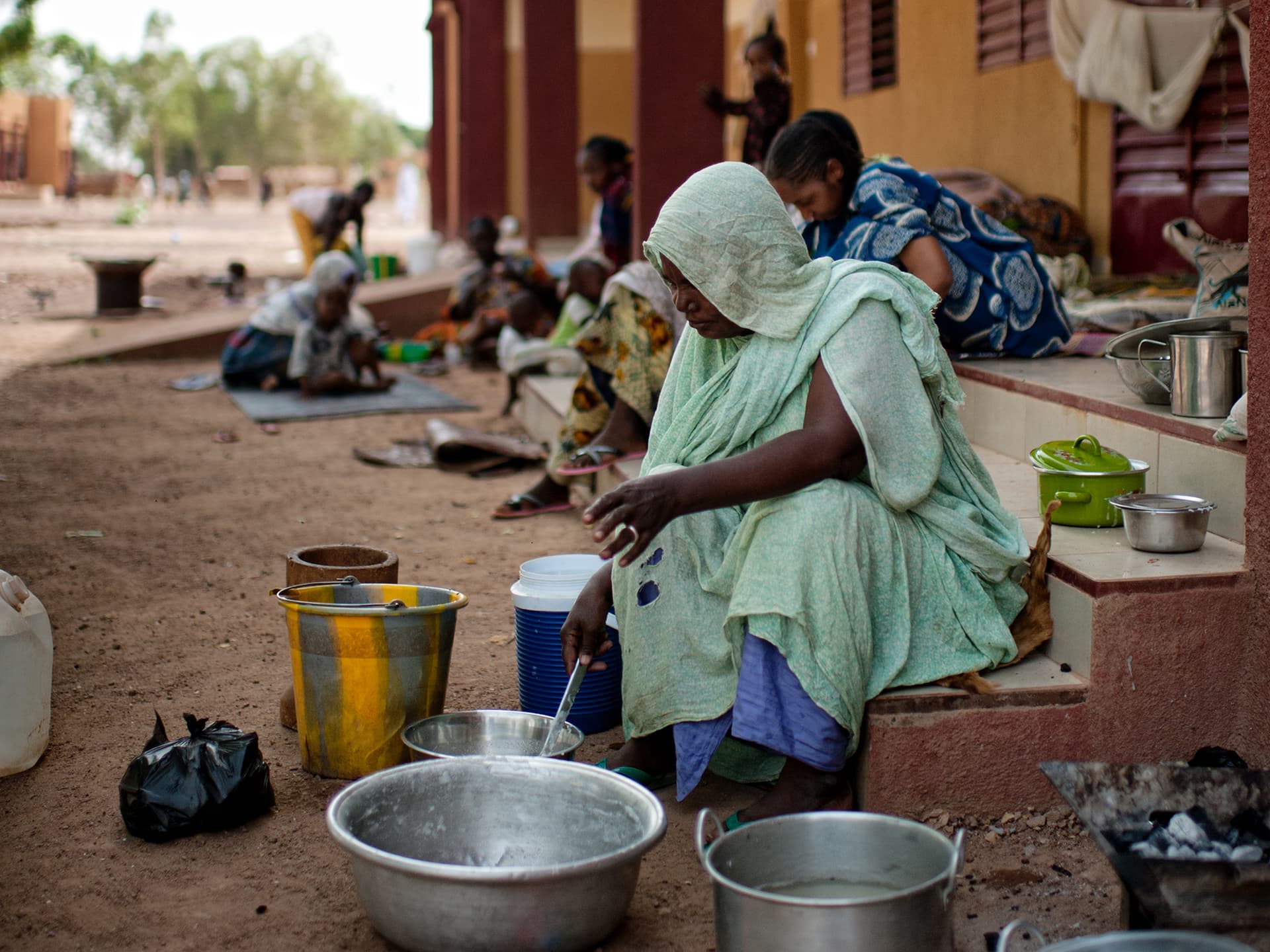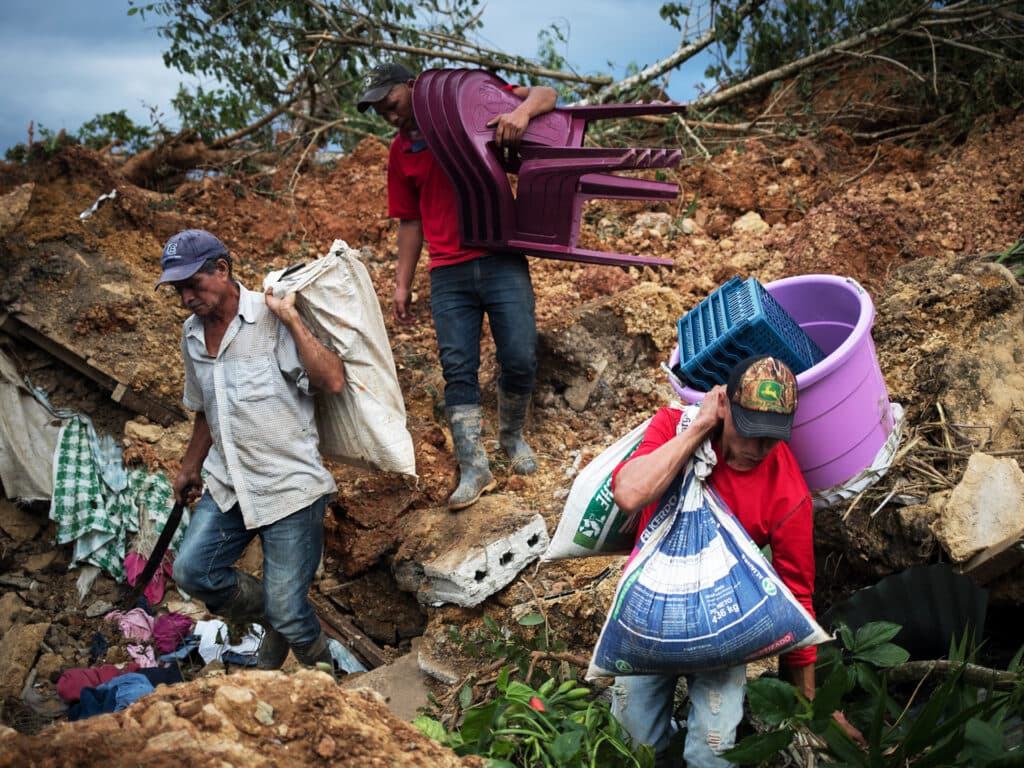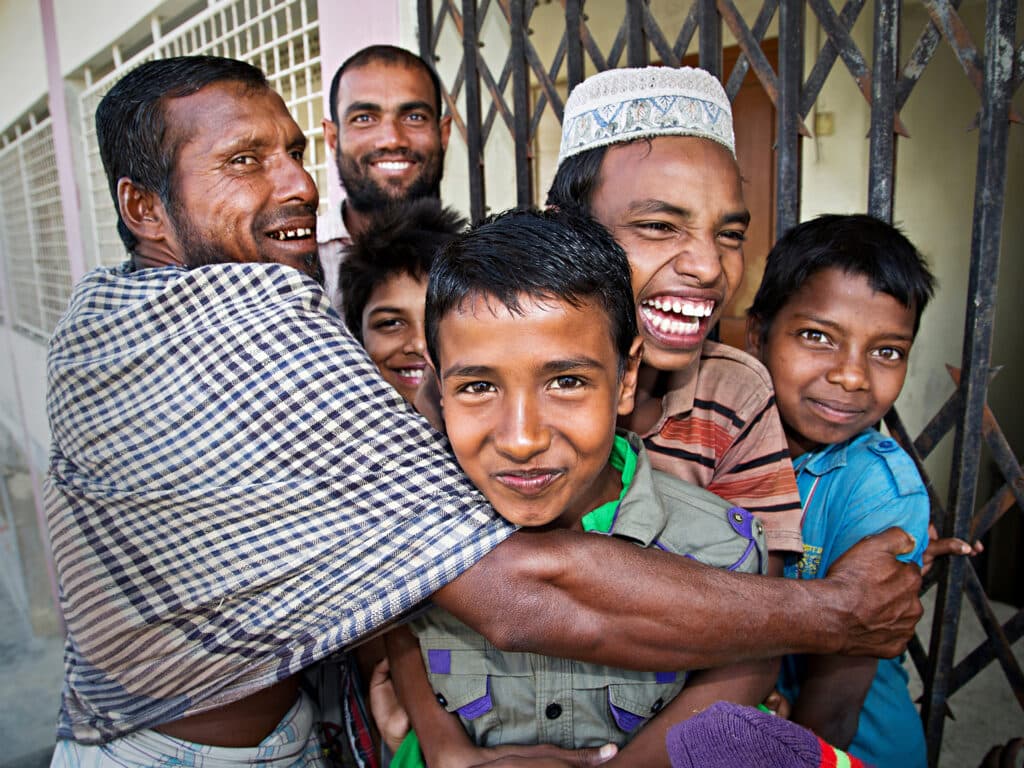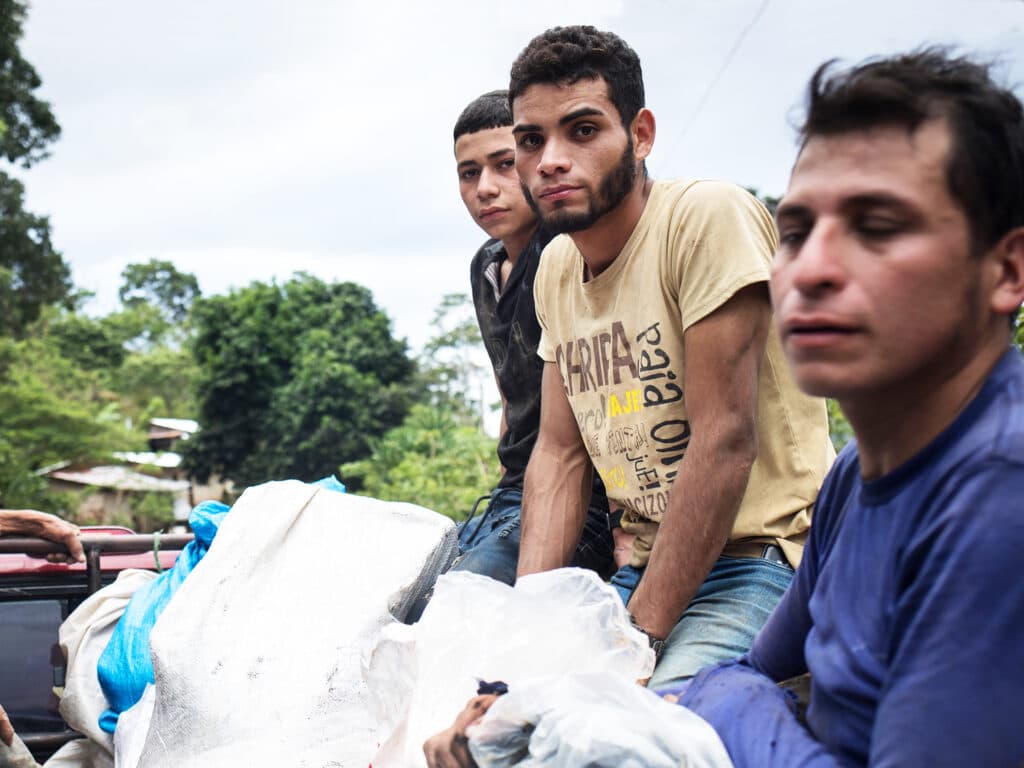
The EU’s aid body approves Diakonia as a strategic partner
25 June, 2019The European Commission’s Directorate-General for European Civil Protection and Humanitarian Aid Operations (ECHO) has approved Diakonia as a strategic partner for its humanitarian work. This increases our opportunities to work with other organizations to help to save lives and alleviate suffering in the countries in which we carry out humanitarian aid.
The EU’s aid body ECHO judges that Diakonia and our partner organizations have sufficient capacity, quality assurance systems and expertise on the humanitarian situation in the countries in which we operate to carry out ECHO’s humanitarian work.
“Gaining approval is an important confirmation of the humanitarian work carried out by Diakonia and our partner organizations. We will now be drawing up a strategy on how to work within this partnership as effectively as possible,” says Julle Bergenholtz, Diakonia’s humanitarian advisor.
Greater opportunities to save lives and alleviate suffering
Termed a Framework Partnership Agreement, FPA, the partnership will enable Diakonia to apply for humanitarian projects through ECHO, which opens up more opportunities for us to work with other organizations to help to save lives and alleviate suffering in the countries in which we carry out humanitarian aid work. Our different Country Offices will also be able to conduct dialogue directly with ECHO at local level to best contribute towards meeting ECHO’s humanitarian priorities.
“Several of Diakonia’s Country Offices have already started to set up plans to see how the programmes can meet the needs identified and prioritised by ECHO. The partnership will also help us to improve the efficiency of our work and our systems,” continues Julle Bergenholtz.
Diakonia has many years of experience of running EU-funded projects based on a development perspective in a majority of the countries in which we operate. But the partnership with ECHO opens another door for us to carry out projects with a focus on emergency distribution of food, water and sanitation and protection, and education in crisis areas.
Strengthens the humanitarian work of local organizations
Strengthening the local humanitarian support, what is known as the localisation agenda, is one of ten commitments in the Grand Bargain, an agreement entered into at the UN World Humanitarian Summit in Istanbul in 2016 when countries and civil society organizations set up goals and commitments for how the humanitarian sector can be improved in different areas.
“We see this cooperation as an important element in strengthening the capacity of local civil society to conduct high-quality humanitarian work, because all projects are carried out by our local partner organizations and networks,” concludes Julle Bergenholtz.


